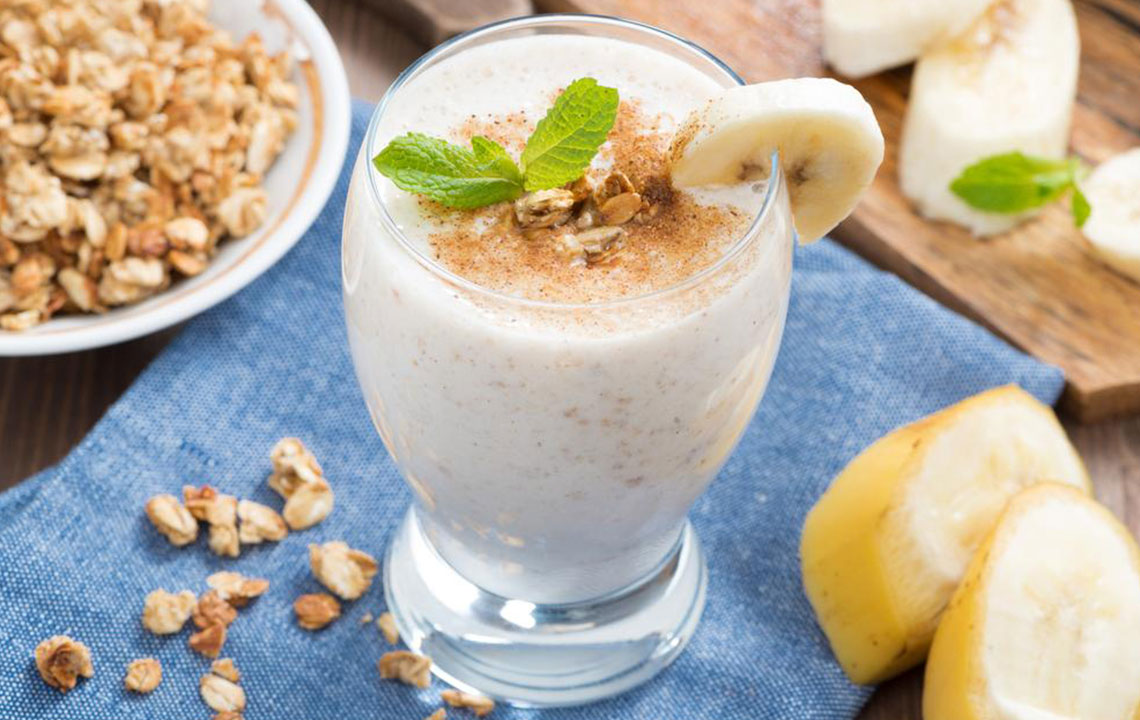Effective Strategies for Managing Constipation and IBS Symptoms
Discover effective strategies to manage constipation and IBS symptoms, including dietary tips, medications, yoga, and stress management techniques. Consult healthcare professionals for personalized advice and safe treatment options to improve digestive health and quality of life.

Effective Strategies for Managing Constipation and IBS Symptoms
Many individuals experience digestive issues like constipation and irritable bowel syndrome (IBS) as they age. Common symptoms include abdominal discomfort, changes in bowel habits such as infrequent or loose stools, and a sensation of incomplete evacuation. IBS may cause fluctuating symptoms—worse at times, easing at others—often involving bloating, stomach pain, and altered bowel patterns.
Constipation is generally characterized by difficulty passing stool, infrequent bowel movements, or a feeling of incomplete emptying. An estimated 25-45 million people in the country suffer from IBS with constipation.
Approach to Treatment
Effective management combines medication adjustments, diet modifications, physical activity, and stress reduction. These measures aim to alleviate discomfort, reduce bloating, and normalize bowel functions. Importantly, self-treatment is not advised; consulting a healthcare professional ensures safe and appropriate care, especially avoiding harmful laxatives and supplements.
Below are helpful tips for managing constipation linked with IBS:
Dietary Adjustments: Increasing fiber-rich foods like fruits, vegetables, whole grains, beans, and cereals can ease stool passage. Certain foods such as dried prunes, flaxseeds, and plenty of water can be beneficial. Avoid caffeine, alcohol, and fizzy drinks, while limiting processed foods like cookies and white bread, which tend to slow digestion.
Fiber Supplements: For those who find it hard to consume enough fiber through diet, supplements containing wheat bran, psyllium, or corn fiber are available and may assist in bowel movements.
Laxatives: Over-the-counter laxatives can help temporarily, but daily use may be harmful. Always seek medical advice before using them to ensure appropriate selection and dosage.
Medication: Certain medications, such as linaclotide and lubiprostone, are prescribed specifically for IBS with constipation, usually taken once daily on an empty stomach. Doctors may also recommend other drugs or suggest treatments to mitigate side effects like nausea or diarrhea. Antidepressants and antispasmodics are also commonly used to manage symptoms.
Stress Reduction: High stress levels can trigger IBS symptoms. Regular exercise, meditation, yoga, listening to music, or massages can help decrease stress and improve overall digestion.
Yoga Practice: Specific yoga postures like the peacock pose, spinal twists, wind-relieving pose, plow pose, and butterfly pose can support digestive health. These can be performed anytime during the day for relief and overall well-being.
Additional therapies such as acupuncture and essential oil massages may also offer benefits, but it’s best to consult with a healthcare professional beforehand. Tailoring treatment plans with a doctor helps address individual symptoms effectively and safely. Patience and proper management are key to controlling IBS with constipation and improving quality of life.










